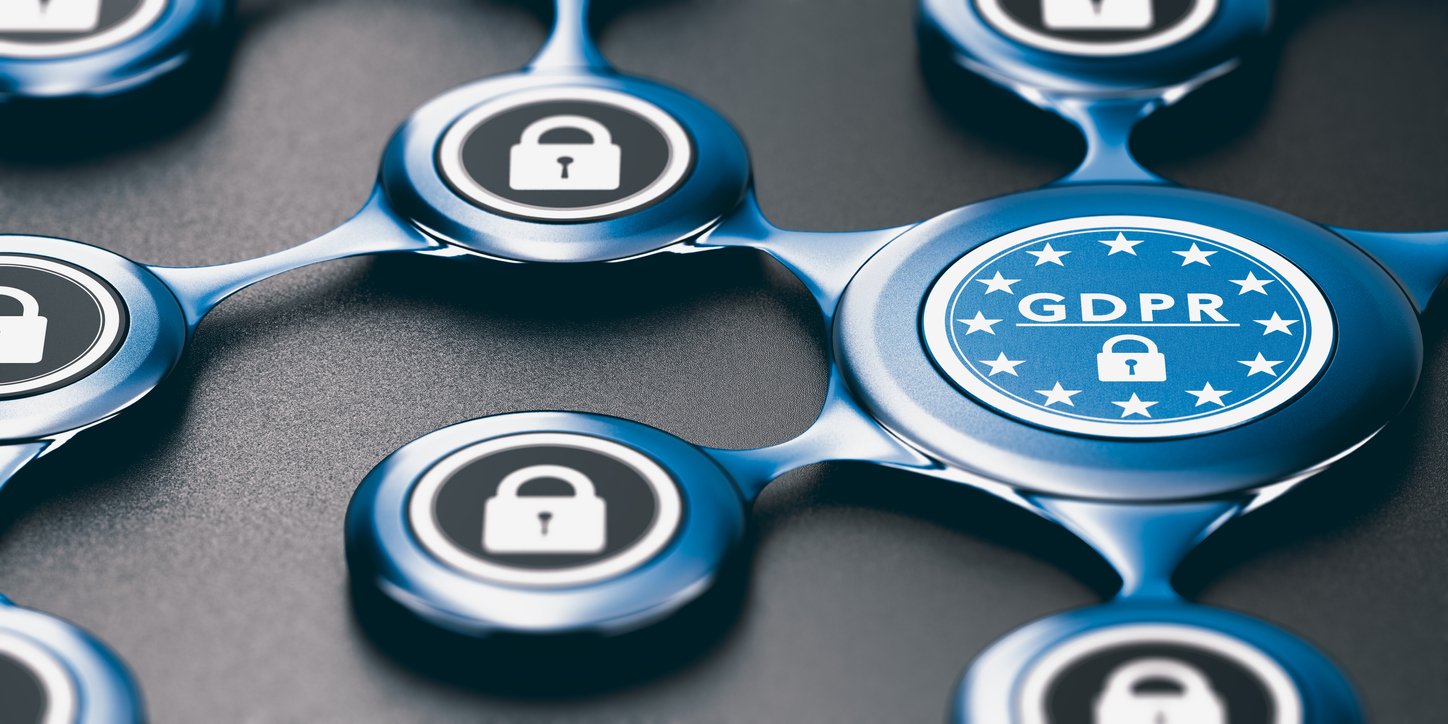No, GDPR is not the name of the latest Euro-punk band. Instead, it is the European Union (EU) regulation concerning the protection and privacy of data. The General Data Protection Regulation was created to allow individuals to keep and maintain control of their own data. Here is some basic information to jump start your knowledge of its impact on your organization and how you interact with customers.

A Brief History
In 1995, more than 20 years before GDPR, the EU produced a half-baked attempt at protecting individual privacy through the Data Protection Directive (DPD). This initiative placed emphasis on the right to privacy and allowed individuals to protect their data under principles such as purpose, security, disclosure, and more. The directive had problems throughout the EU because its guidelines were non-binding, this led to loopholes and the misuse of a person's data.
The GDPR was ratified in early 2016 as a regulation, not a directive. The DPD failed because it didn't have the power to enforce how data would be protected. The regulatory authority of GDPR directly instructs entities on how an individual's data will be protected and binds them explicitly to adhere to those protections or face the consequences. There is, however, still a bit of flexibility in some parts of the regulation that individual member states can alter to their specific needs.
6 Provisions of GDPR
The GDPR is very specific about how consumers' data can be used. It outlines six rules which would allow an individual's data to be processed:
- The individual has consented to the use of their data.
- The data is needed to fulfill contractual obligations.
- The data controller has legal obligations that require the use of said data.
- The data is necessary to protect the vital interests of the subject or another person.
- The data is necessary to perform a task in official authority or public interest.
- The data is needed for the legitimate interests of the controller or another party unless they are overridden by interests of the subjects or their rights.
If none of these are valid, the data in question may not be processed. Additionally, data subjects can withdraw consent at any time. When permission is given, the individual must be made aware of precisely what their data will be used for.
Exceptions to these regulations include statistical and scientific analysis, deceased people, or lawful interception. Additionally, there is a separate dedicated law concerning employer-employee relationships and the data exchange on these occasions.
Impact on Customer Data
When the GDPR originated, it stirred up much controversy and discussion. Today, its impact is felt globally. Right after the GDPR went into effect, many companies and websites altered their privacy policies. Some organizations were criticized for sending too many emails to customers notifying them of the changes. Many phishing scams arose using fake versions of emails related to the GDPR changes, which prompted the public to mock it through online jokes and memes.
Complying with the GDPR has presented issues for multiple companies, and we have seen even multibillion-dollar businesses like Google being hit with fines for failure to comply. However, as more and more companies have adopted the GDPR's guidelines, we are starting to see an even safer environment for our data.
In today's world, our data and online presence is a crucial part of our daily lives, and the GDPR aims to put control back in the hands of the consumer. While many companies already had privacy policies in place before the GDPR, its impact has been more sweeping than anything seen before.
One key feature of the GDPR is the right given to consumers to know when a data breach has occurred. Customers can also access their own data much more quickly and can more clearly understand how organizations are using this data.
The most significant and arguably, the most crucial right provided is the ability for customers to opt-out of data sharing or to withdraw consent once it has been given.
While the GDPR was an EU created regulation, there is no doubt its impact on the global community. Other countries have started to examine their own data policies and the rights of individuals to control their private data.
The GDPR is one of the most impactful data restrictions we've seen in the history of the internet. As technology continues to expand more into our daily lives, we must always know where our data is going and what it is being used for.



